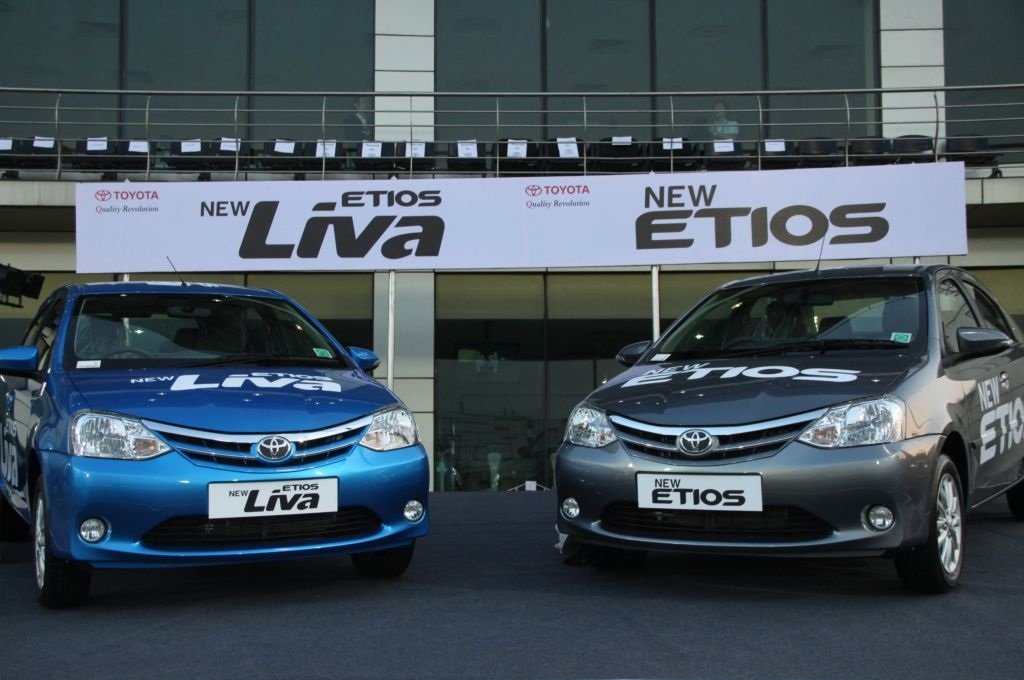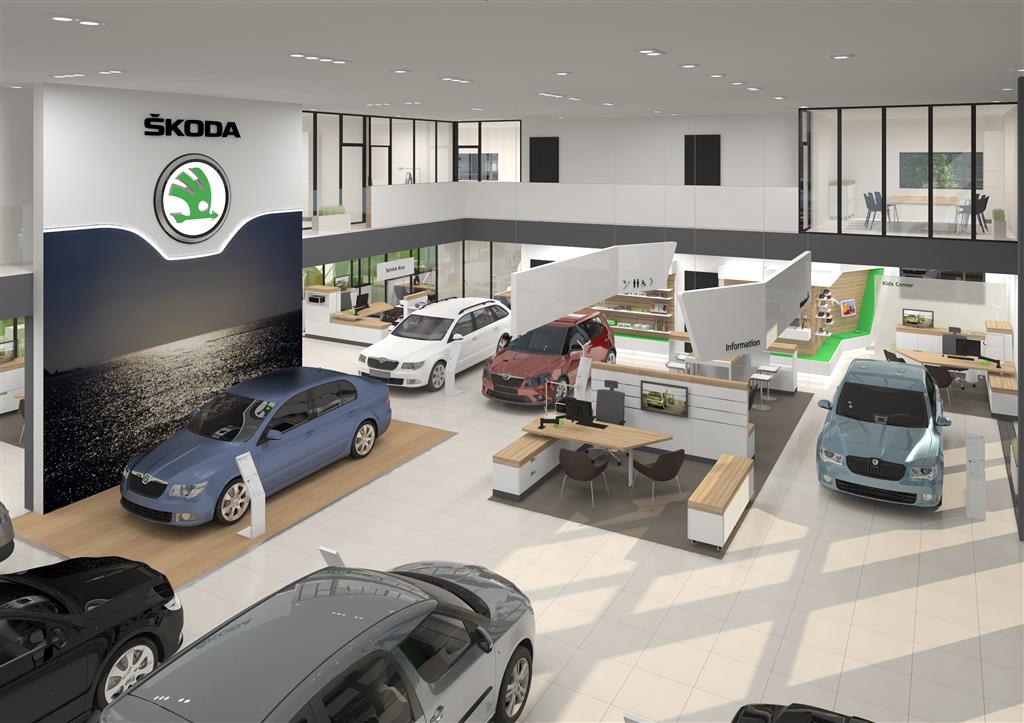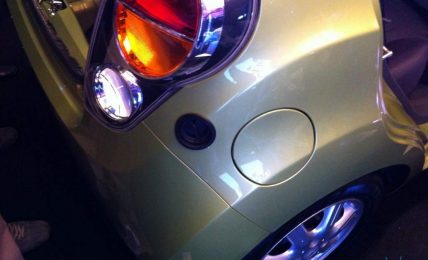Buying a car is a very exciting task for you and your family; it is also one of the biggest investments that you will be making in your life. But purchasing a car also comes with a lot of uncertainty. Not all are automotive experts and for most purchasing a car would be the means of transportation for them and their family. Cars may seem desirable in TV commercials and on the front page of a newspaper but choosing the right car for you is the most important decision.
Contrary to popular belief, not every dealer is a money sucking vampire but your lack of knowledge is the biggest boon for the dealer waiting to rip you off. A little preparation on your end will keep you aware and informed upon your next visit to the dealership.
Here is a list of 10 things that you need to know when buying a new car –
1. Which car should you choose?
There are 3 rules that you need to follow when making the purchase of your car.
Ask yourself –
What kind of car do I need?
Does it serve the purpose?
Is it affordable?
An SUV might be desirable but a sedan or a hatchback will suffice your purpose and your budget too. The space, practicality, horsepower, safety, quality, refinement, features, brand value, resale value, colour, parking space should all be your factors for consideration. Different trim levels on a single model could be the biggest differentiating factor that could influence your decision. The average life of a car ownership is 5 years and you need the right car to stay with you for that long. So make sure you do a thorough research about the car that you wish to purchase and then work out your finances to make sure you can afford it.
2. Buy what you can afford
Bigger discounts will sound lucrative to buy a bigger car but remember, a bigger car comes with bigger fuel bills, expensive spares and also bigger EMI’s. The sales guy will try to up-sell a higher model but stick around to your needs. You will also need to factor in the cost of other charges apart from the ex-showroom price like that of road tax, registration, insurance. For a city like Mumbai, Octroi also becomes mandatory and can escalate the cost of a car by 15-20% of the car’s price. You also need to factor in a leeway of 5-10% on the final price in case of hidden or unexpected charges.
Calculate the EMI amount for your new car loan that you will be paying every month, which shouldn’t be more than 15% of your post-tax monthly income and then finalize on the model you would like to purchase. So, if your monthly income totals to Rs. 50,000/- post taxes, your car EMI should not be more than Rs. 7,500/- for a period of 5 years; making the purchase value of your car around Rs. 4.5 lakhs.
3. Type of fuel
Your driving cycle should determine the type of fuel you need. Petrol is the costliest, while Diesel and CNG come in second and third respectively. However, if you drive over 2000 kms a month, petrol makes very little sense for you. Petrol cars tend to be rev happy and give a poor economy run compared to diesels. Whereas diesels are mildly expensive to maintain over petrol cars. But diesels are fun with their high torque and excellent fuel economy. Diesel cars also cost over a lakh more than their petrol counterparts, thus making it longer for you to reclaim the value of your car.
If you are frequenting between home and office within city limits with weekend trips to the mall and theatre, opt for petrol. Scheduled maintenance and ideal driving will also give you a decent economy. You can also opt for a CNG kit in your car to maximize on the fuel economy. Few manufacturers provide factory fitted CNG cars and are a very good option to choose. However, CNG may not be readily available and will cover a lot of boot space as well.
4. Resale value
Cars after all are depreciating assets and purchasing a car depends upon how long you plan to use it. Purchase a popular model if you happen to change cars every 2-3 years. Even though the discounts will be less today, it will get you the good deal later in the second hand market. A less popular model will get you good discounts now but will bring back very low value to the car. Overall, your discount would not be worth the depreciation down the years.
5. Do your homework
The dealership is the last place you should go to if you want to search about a car. Don’t expect the sales guy to have the information that you need. Most salesmen will only tell you what they’ve been trained about the car or maybe even less than that. Refer to the internet; you will get innumerable reviews, comparisons, ownership details on several blogs and car forums. Talk to your friends, relatives or owners of other cars and learn from their experiences. That car crazy friend could be your saviour. Your mechanic will also be able to tell you which car will give you the least worries in maintenance.
6. Look for financing options
The dealer will insist on getting you finance through him, but look at other options to know which financial service is offering the best deal. Be alert of any 0% interest schemes, as they are now banned by the RBI. You could opt for the manufacturers’ own financing scheme, which is usually more reliable. Lots of websites will tell you the best possible loans available and you can choose accordingly. Finding the best car loan interest rate before-hand will leave more room for negotiations. You could also go back to your own bank and work out a deal that is mutually beneficial. Your long term relationship with the bank will surely come in handy here.
Longer the tenure of the loan, higher the interest you end up paying. If you have savings, you can use them to make at least 50% of the down-payment on the car, while the rest can be paid using a car loan. A shorter tenure period will also keep the interest lower and you can recover the value of your car earlier. Look for EMI calculators online.
7. Search for insurance schemes
Different insurance companies have different features to choose from. Do a market survey and compare who provides the most features with the least premium. Again most dealers have a tie-up with insurance companies, so consider other offers before you sit down to listen to the dealer’s insurance scheme. Some dealers also provide with Rs 1/- insurance policy, but you would end up paying a higher premium over the car insurance.
If you have a no-claim bonus from your previous car, you could easily get it transferred to your new car, which will get you a discount in your premium bringing down the insurance cost of the car. The insurer will provide you a no-claim certificate, upon requesting termination of the policy, which will get you the discount on the new car’s insurance.
8. Look at multiple dealers for the same brand
A mainstream manufacturer will have at least two dealers in a city; get a quote from both the dealers for the same car. At times, a dealer may not give you a good offer or not throw in any discounts or freebies as part of the package, while another dealer would acquiesce to do that. Try your luck on this one. Another factor you get to test here is draw comparisons between the dealerships.
Few dealers will opt to look at your benefit, offer you the best price, have the sales and staff members look after you and pamper you till you make the payment; while the other dealer may just take you for granted. Considering that you are investing a huge sum in purchasing a car from the dealer, you get to choose from where to buy. Your comfort with the dealership will also be a deciding factor. You want to be sure of the dealer and the sales person you’re purchasing from. If they do commit to you for freebies or accessories, get it in writing to avoid ambiguity.
9. Take a test drive
Never ever go for a car at face value. What you see on your TV or computer screen is totally different from what the car may have to offer. Go for a test drive and check all aspects of the car. It is better to go with the family to see if it meets the demands of your family. Feeling a car in the driver’s seat is a whole lot different from reading about it. A car with less head room will appear smaller than it is, while bigger windows make the cabin seem bigger. Small things like these matter and could conversely mean that you may end up changing your buying decision about the car, but getting the right car is more important in the long haul.
10. Discounts can be deceptive
Offers and discounts come with a term called ‘Conditions Apply’ that leave you non-eligible for at least 60% of the discounts provided by the dealer. Discounts are offered in the form of loyalty bonus for existing customers, exchange bonus, discount on loan, dealer discount, corporate discount etc. You will really have to bargain hard and play your cards right to get the best deal from the dealer. Going to multiple dealerships will come in effect here. You can find out which dealer is providing you with the maximum discount on the car and then take the negotiations further.






